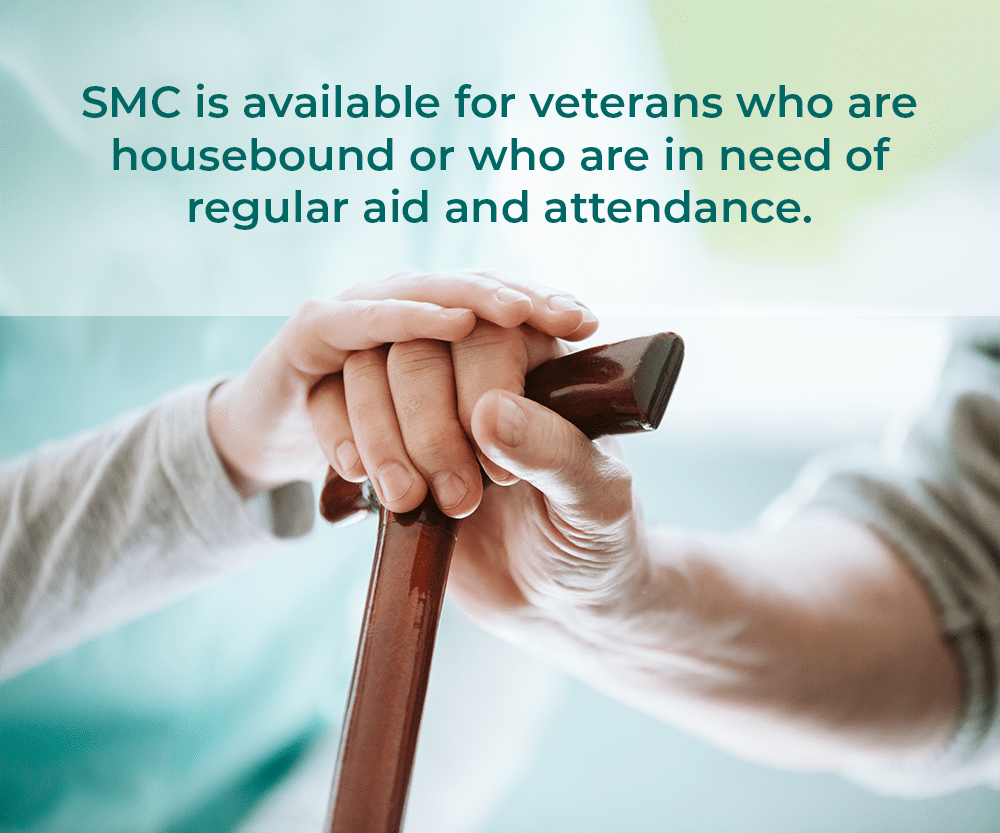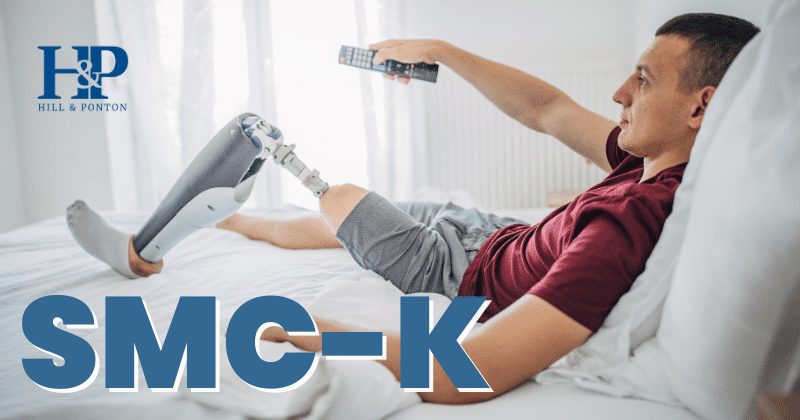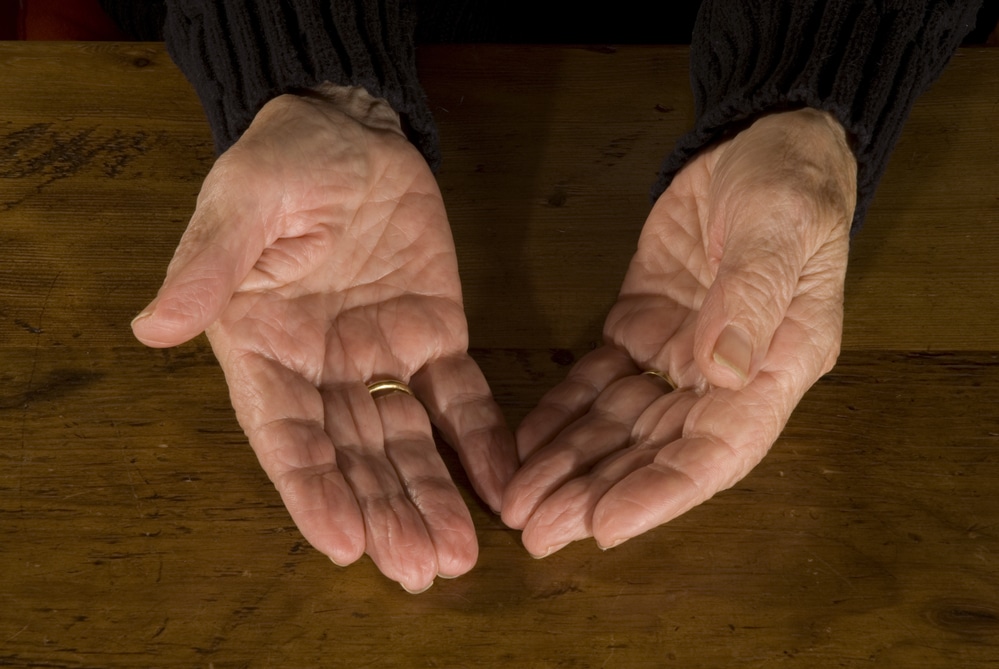Veterans facing health challenges may qualify for additional help through the Department of Veterans Affairs. This support comes from Aid and Attendance benefits that provide extra monthly compensation to veterans or their surviving spouses who need help with daily living.
Even if you’re a veteran who already receives 100% VA disability, A&A can increase your monthly payments. These benefits are designed to cover the extra care and costs that come with serious medical conditions.
Aid and Attendance Eligibility Requirements
To qualify for Aid and Attendance benefits, you must meet certain medical criteria. The VA specifically evaluates how your health impacts your day-to-day functioning and whether you require personal care. These qualifications are designed to ensure that the benefit reaches those who are truly unable to live independently without assistance.
Medical Criteria for Aid and Attendance
- Help with Activities of Daily Living (ADLs): If you regularly need help with tasks such as bathing, dressing, eating, using the toilet, or maintaining hygiene, this qualifies as a need for aid and attendance.
- Bedridden Due to Disability: If your medical condition confines you to bed for the majority of the day not just for rest or convenience but because your condition makes movement unsafe or impossible, this also qualifies.
- Severe Vision Impairment: Veterans who have corrected vision of 5/200 or less in both eyes or a visual field of 5 degrees or less may qualify due to the serious limitations this causes in daily life.
- Nursing Home Residency: If you live in a nursing home because of physical or mental limitations connected to a disability, this satisfies one of the VA’s major eligibility benchmarks.
- Need for Ongoing Protection: If your condition places you at risk in your daily environment such as forgetting to turn off appliances, wandering outside, or being unable to respond to emergencies, the VA considers this a qualifying hazard requiring regular supervision.
Each of these qualifications focuses on how your health condition impacts your ability to stay safe, clean, and cared for. Veterans or spouses don’t need to meet every one of these standards to get Aid and Attendance, but they must provide strong medical evidence for at least one.
Attorney Tips: How to Qualify for Aid & Attendance
Our VA-accredited lawyers are highly experienced in winning benefits for disabled veterans or their families and may be able to help you, at no upfront cost. You can request a free evaluation here.
VA Aid and Attendance for Spouses
Veterans spouses may qualify for either A&A as an enhancement to Survivors Pension or Aid & Attendance special monthly compensation for DIC recipients (if the veteran’s death was service-connected), even if they weren’t married during the veteran’s active duty service. Marriages that occurred after service still count, as long as they meet VA rules.
To be eligible for A&A, a spouse must meet certain marital and medical requirements:
- The spouse must show they need help with activities of daily living, just like veterans. This includes assistance with bathing, dressing, feeding, and staying safe at home.
- The marriage must have been legally valid. Common-law marriages qualify if they meet the laws of the state where the couple lived.
- If the veteran has passed away, the surviving spouse may still qualify for Aid and Attendance as long as the veteran met the service and discharge requirements, the surviving spouse hasn’t remarried (with rare exceptions) and the spouse meets the financial and medical need criteria.
Financial Eligibility Considerations for Pension A&A
In the case of Aid and Attendance as a pension enhancement (as opposed to via DIC), the VA doesn’t just look at your health, it also examines your financial situation to determine whether you qualify for A&A. This allowance is meant for survivors who genuinely need help covering the costs of care, so the VA sets income and asset limits as part of the application process.
As of December 1, 2024, through November 30, 2025, the net worth limit for VA pension eligibility is $159,240. This includes your countable income and assets, such as:
- Bank accounts
- Stocks and bonds
- Retirement accounts
- Secondary property (not your primary residence)
However, the VA allows you to subtract unreimbursed medical expenses like prescriptions, caregiver fees, or assisted living costs from your income. This can reduce your countable income and help you qualify even if your gross income seems too high.
A 36-month “look-back” period is in place to prevent applicants from transferring assets to qualify. If the VA finds you moved property or money to someone else within three years of applying, it may trigger a penalty period where you’re ineligible for benefits.
The rules can be confusing and spouses are often overlooked in these claims even though they may be fully eligible. Hill & Ponton works with surviving spouses to help them receive the support and compensation they deserve. You can request a free case evaluation here.
How to Apply for Aid and Attendance
If you or your spouse meet the requirements, the next step is to file a formal application with the VA. Applying for Aid and Attendance involves submitting the correct forms and providing strong supporting evidence to show your eligibility.
Step 1: Complete the Required Forms
- VA Form 21-2680 – This is the primary application form for Aid and Attendance or Housebound benefits. A physician must complete it to describe your medical needs and daily care requirements.
- VA Form 21-0779 – This form is only required if the applicant is currently living in a nursing home. It provides details about the level of care received and confirms residency.
These forms are available online but submitting them without supporting documents may delay or weaken your claim.
Step 2: Understand the Benefit Options
Although you can apply for both Aid and Attendance and Housebound benefits on the same form, the VA will only grant one of them. The VA selects the benefit that offers the higher monthly payment based on your needs.
Step 3: Submit Your Aid and Attendance Application
- By mail to the VA Evidence Intake Center in Janesville, WI or via VA.gov unless otherwise instructed by the VA
- In person at a VA office
- With the help of an accredited representative or legal advocate
Having a professional review your paperwork before submission can help ensure everything is complete, accurate, and supported by evidence. Even small omissions can cause lengthy delays or a denial.
The Aid and Attendance approval process is detailed and time-consuming. VA regulations change frequently, and what seems like a small paperwork issue to you could be enough to get your application rejected.
Hill & Ponton has helped thousands of veterans and spouses get their claims approved. We can assist you in gathering the right documentation and navigating every step of the process to avoid common pitfalls.
Documentation Requirements
To build a strong claim for Aid and Attendance, you’ll need to submit clear and complete documentation. The VA relies on these records to verify your eligibility, so missing or weak evidence can cause delays or lead to denial. Here’s what you should gather before submitting your application:
1. Proof of Military Service
- A DD-214 or other valid discharge papers are required to confirm the veteran’s service details.
- The service must include at least 90 days of active duty, with at least one day during a wartime period (even if no combat occurred).
2. Medical Documentation
- A completed VA Form 21-2680, signed by a licensed physician.
- Additional physician statements, clinic visit summaries, or home health agency reports – keep in mind that the VA places significant weight on specific medical language regarding ADLs and supervision, and explicit language in physicians’ reports (e.g., inability to dress or bathe unassisted) is vital to A&A approval.
- If the veteran or spouse lives in a facility, a signed letter from the care provider outlining the level of assistance received can be helpful.
3. Financial Records (Pension A&A Only)
- Bank statements, retirement account summaries, and other financial documents showing total income and assets.
- Property deeds for secondary homes or land may be requested.
- If you’re claiming deductions, provide detailed invoices or receipts for unreimbursed medical expenses.
4. Caregiver Affidavits
If a family member or hired caregiver assists you with daily tasks, ask them to submit a signed affidavit explaining the type of care provided and how often it’s needed. This can be especially useful if you don’t live in a formal care facility.
5. Receipts for Medical Expenses (Pension A&A Only)
Include documentation of all out-of-pocket medical costs, including home care, prescriptions, mobility aids, and transportation to appointments. These expenses can reduce your countable income and increase your chance of qualifying.
How to Get from a VA Denial to an Approval
Being denied for Aid and Attendance benefits can feel discouraging, but it doesn’t mean your claim is over. Many applications are denied over small mistakes or missing paperwork, not because the applicant is ineligible. If your application is denied, you have several options to challenge the decision and strengthen your case:
- File a Supplemental Claim – This option lets you submit new and relevant evidence that wasn’t included in your original application. It’s often used when the denial was due to missing medical records or financial documents. If you gather the right material, this route may lead to a faster approval of your Aid and Attendance.
- Request a Higher-Level Review – If you believe the VA made a mistake in evaluating your claim, you can ask for a more experienced reviewer to take a second look. This does not allow new evidence, so only use it if your original application was fully documented.
- Appeal to the Board of Veterans’ Appeals – This is a more formal process where a Veterans Law Judge reviews your case. You can choose to submit new evidence, request a hearing, or ask for a direct review of the current record. This process may take longer, but it offers a chance for a fresh, in-depth evaluation.
Common Mistakes That Lead to Denial
- Incomplete Application Forms – Leaving out required sections or failing to sign forms can result in a denial before the VA even reviews your medical or financial evidence. Every form, especially VA Form 21-2680, must be filled out completely and accurately.
- Weak or Missing Medical Documentation – If your doctor’s statement is vague or doesn’t clearly describe your need for daily care, the VA may decide you don’t meet the medical threshold for Aid and Attendance. You must show specific needs like help with bathing, feeding, mobility, or supervision for safety.
- Not Listing All Medical Expenses – Unreimbursed medical costs can lower your countable income, making it easier to qualify financially. Many applicants forget to include receipts for in-home care, prescriptions, transportation, or home health aides, missing a key opportunity to strengthen their case.
- Leaving Out Financial Information – Failing to submit full financial documentation such as bank statements, property records, or retirement accounts can delay your application or make it appear incomplete. The VA needs a full financial picture to make a decision.
- Overlooking Spousal Information – In claims involving a spouse, it’s important to include details about their income, medical needs, and any care they receive. Leaving this out can cause a denial or lead to an underpayment if the VA misses key eligibility for spousal Aid and Attendance benefits.
Even one small error can hold up your approval for months. Hill & Ponton knows how to turn denials into approvals. Our team reviews what went wrong, collects stronger evidence, and submits a corrected or expanded claim on your behalf. We also track deadlines and guide you through the VA’s appeal lanes so you can focus on your health, not red tape.
How Hard Is It to Get VA Aid and Attendance Approval?
Getting approved for Aid and Attendance is not easy, and the process can be frustrating. On average, approval takes between 9 to 12 months from the time the application is filed. However, if approved, benefits are paid retroactively to your original filing date, if the evidence shows entitlement existed at the time of the claim. This means you could receive a lump sum covering all the months you waited.
Approval time depends heavily on how complete and well-documented your application is. Even if you qualify medically and financially, errors or missing documents can delay your approval or cause denial. That’s why having legal assistance is so important.
Legal professionals can help strengthen your claim and push through the appeals process if necessary, making it more likely you’ll receive the benefits you’ve earned.
What Can VA Aid and Attendance Money Be Used for?
Aid and Attendance benefits provide monthly, tax-free payments meant to help cover the added costs of long-term care. These funds are flexible and can be used in several ways to support the veteran or surviving spouse’s quality of life and safety:
- Home Care Assistance: Payments can be used to hire in-home caregivers who help with daily activities like bathing, eating, dressing, and mobility.
- Home Improvements and Modifications: Veterans often need to modify their homes to accommodate mobility issues. Aid and Attendance benefits can cover costs for wheelchair ramps, grab bars, walk-in tubs, stair lifts, and similar safety features.
- Assisted Living Facilities: If living at home is no longer an option, these benefits can help pay for assisted living arrangements that offer personal care and supervision.
- Nursing Home Expenses: For veterans who need around-the-clock care in skilled nursing facilities, Aid and Attendance can offset the high costs associated with these settings.
- Medical Costs: Benefits can be used to cover out-of-pocket medical expenses, such as prescriptions, medical supplies, durable equipment, and transportation to doctor appointments.
- Other Related Expenses: A&A payments can also go toward services like meal delivery, home cleaning, laundry support, or respite care for family members who provide unpaid assistance.
How Much Does the VA Pay for Aid and Attendance?
Aid and Attendance benefits provide lifetime monthly payments that are tax-free and designed to cover the added costs of long-term care. The amount a veteran or surviving spouse receives depends on their specific eligibility and level of need.
These benefits are part of the VA’s Special Monthly Compensation system, which provides higher payments than standard disability compensation when a veteran requires extra care.
SMC and the A&A Category
Veterans who qualify for Aid and Attendance typically fall under the SMC-L level, which is the entry point for A&A-related compensation. This payment is significantly higher than the basic 100% disability rate.
For example, SMC-L provides a base increase for veterans who need help with daily activities like bathing, dressing, or eating. If the veteran has a spouse who also requires aid and attendance, additional amounts may be added to the monthly payment.
Each level of SMC increases compensation depending on the severity of the veteran’s disabilities and their level of dependency. These levels include:
- SMC-L – Entry level for Aid and Attendance
- SMC-L ½, SMC-M, and higher – For more severe impairments or multiple needs
- Additional allowances for dependent spouses
Many veterans don’t realize they’re eligible for higher levels of compensation through A&A and SMC. If your care needs have increased or if your rating doesn’t reflect the level of help you require, you could be missing out on hundreds or even thousands of dollars each month. A VA disability lawyer may be able to help you get more.
Increase Your Compensation
Many veterans and surviving spouses receive less compensation than they qualify for, not because they’re ineligible, but because their needs weren’t fully documented or properly represented.
If you’ve been denied Aid and Attendance benefits or believe you’re rated too low based on your daily care needs, you may be able to obtain approval for increased monthly payments under Special Monthly Compensation. Our disability attorneys can:
- Review your denial letter and identify what went wrong
- Collect additional evidence to strengthen your case
- Determine the appropriate SMC level for your condition
- File a Supplemental Claim, Higher-Level Review, or Board Appeal
- Advocate for you throughout the appeals process
You’ve already served your country, don’t let paperwork mistakes or missing evidence keep you from the benefits you’ve earned. If you’ve been denied or under-compensated, Hill & Ponton is ready to help you get VA approval for the compensation you deserve. Contact us today to evaluate your case.




